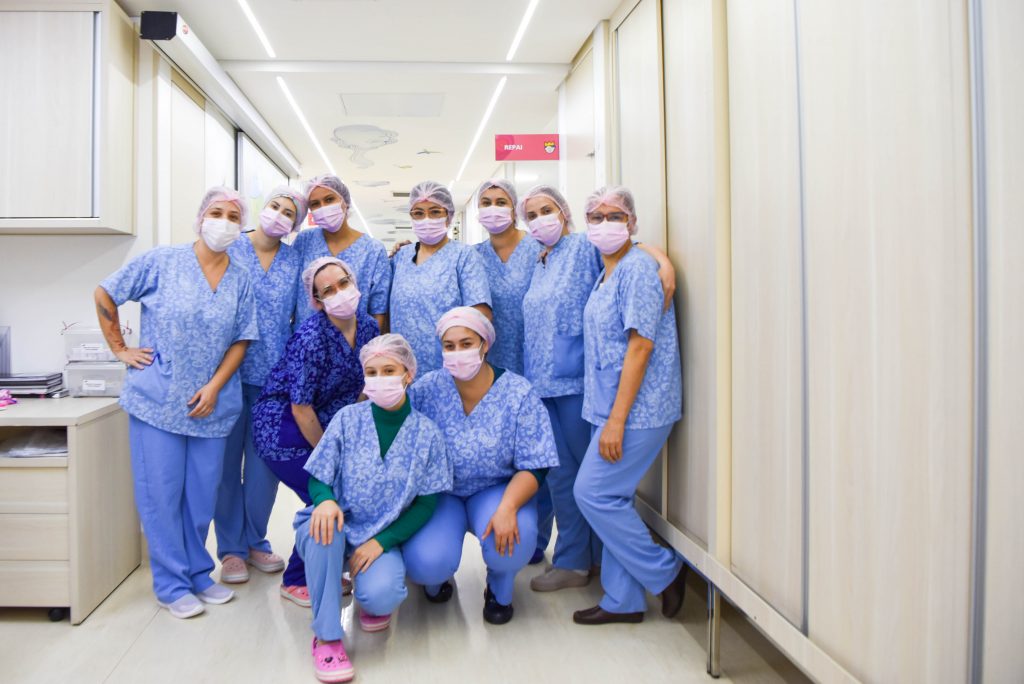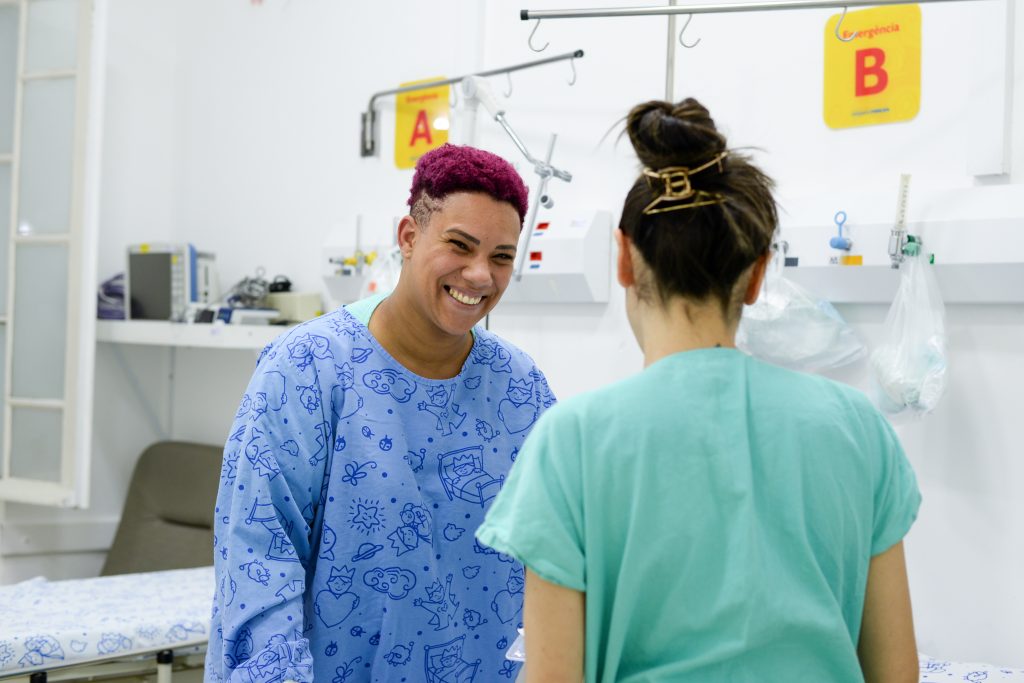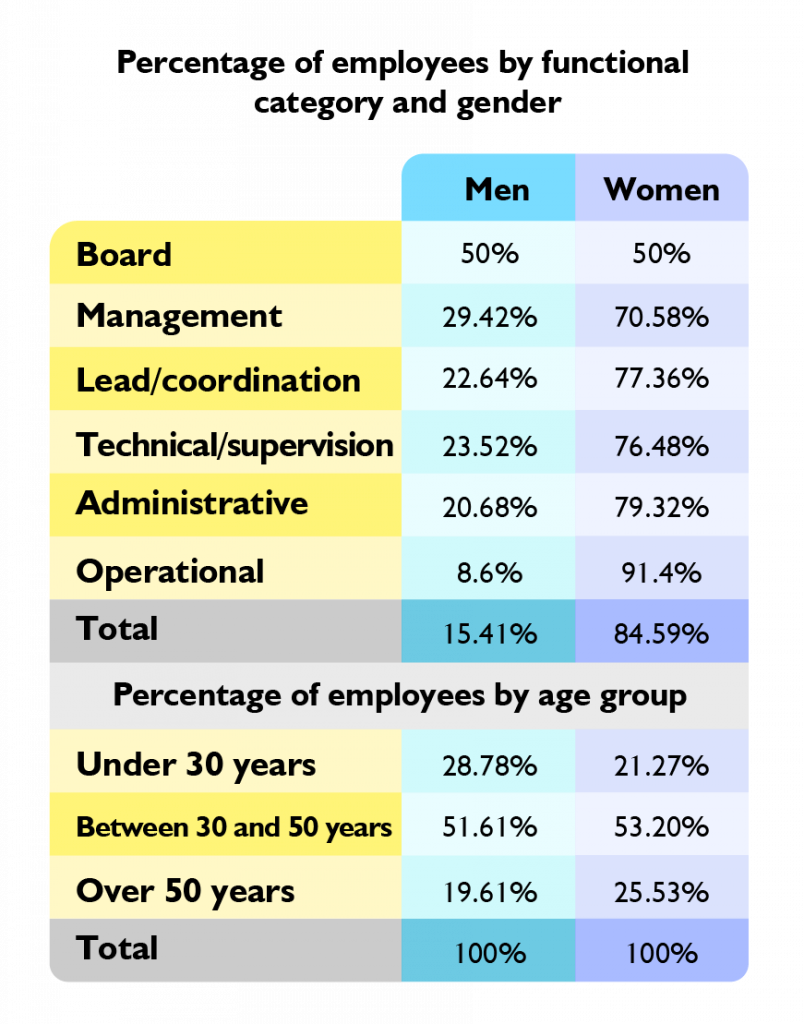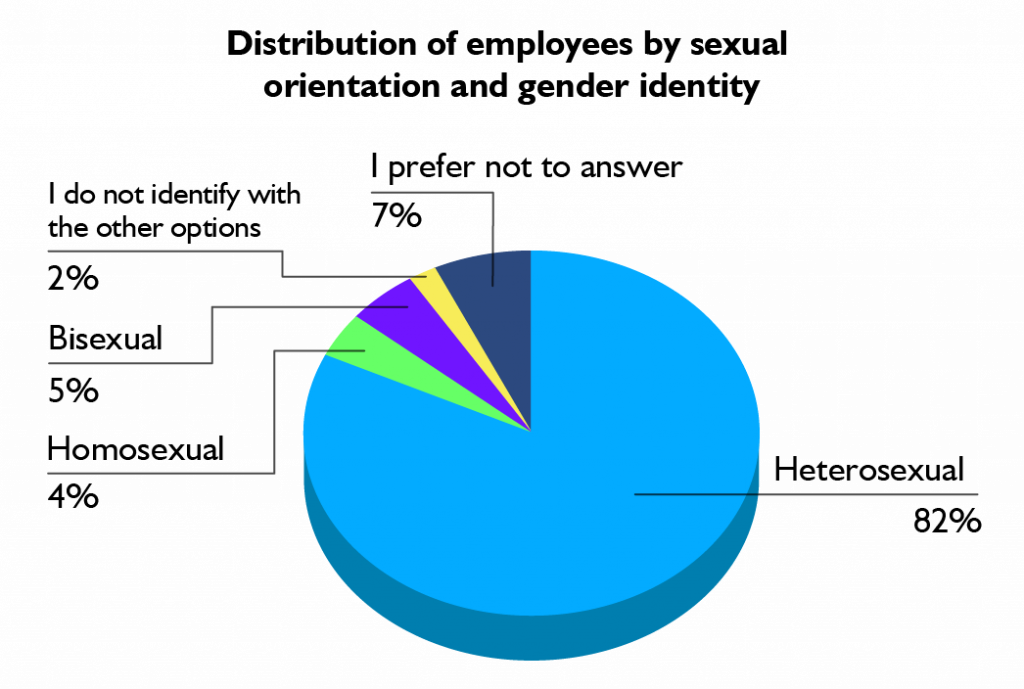Diversity drives Pequeno Príncipe
Founded by women, the female force remains vital at Pequeno Príncipe: 84% of employees are women. In addition, 32% identify as black or brown, 5% have disabilities, and 11% do not identify as heterosexual

Founded by women who, driven by compassion, mobilized efforts to provide healthcare to children in vulnerable situations, Pequeno Príncipe Hospital maintains a strong female presence both in its general staff and in leadership positions. Of the Hospital’s 2,300 employees, 1,946 are women, which is equivalent to 84.6%. On the board of directors, women occupy half of the seats, and in management positions, women account for 70.5% of positions.
To better understand its teams in relation to other dimensions of diversity, in 2024 the Hospital conducted a self-declaration profile survey addressing race, gender identity, sexual orientation, and disability. The survey demonstrated the great plurality present at the Hospital: 32% of employees self-identified as black or brown, 5% have disabilities, and 11% do not identify as heterosexual.
“As an institution that defends the guarantee of fundamental rights, we have always valued each human being in their uniqueness and subjectivity. In this sense, initiatives focused on diversity, inclusion, equity and belonging are part of our culture, which seeks to create a safe environment for professionals, patients, guardians and visitors,” highlights the executive director Ety Cristina Forte Carneiro.

Through different activities – including the Code of Conduct created collectively among employees –, the institution reinforces the importance of human values, such as respect for everyone inside and outside the workplace.
The survey also revealed that 89% of employees perceive that the institution does not tolerate discriminatory behavior, and 78% believe that all people are treated fairly in the workplace, regardless of their life history or personal characteristics.
Below, check out more details about our teams.



11% of employees do not identify as heterosexual. The survey also identified six trans men, 17 trans women and five non-binary people.

